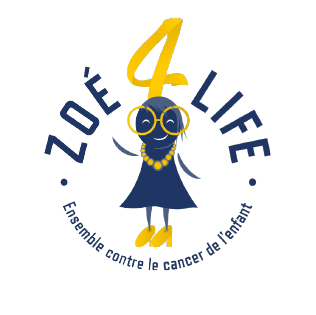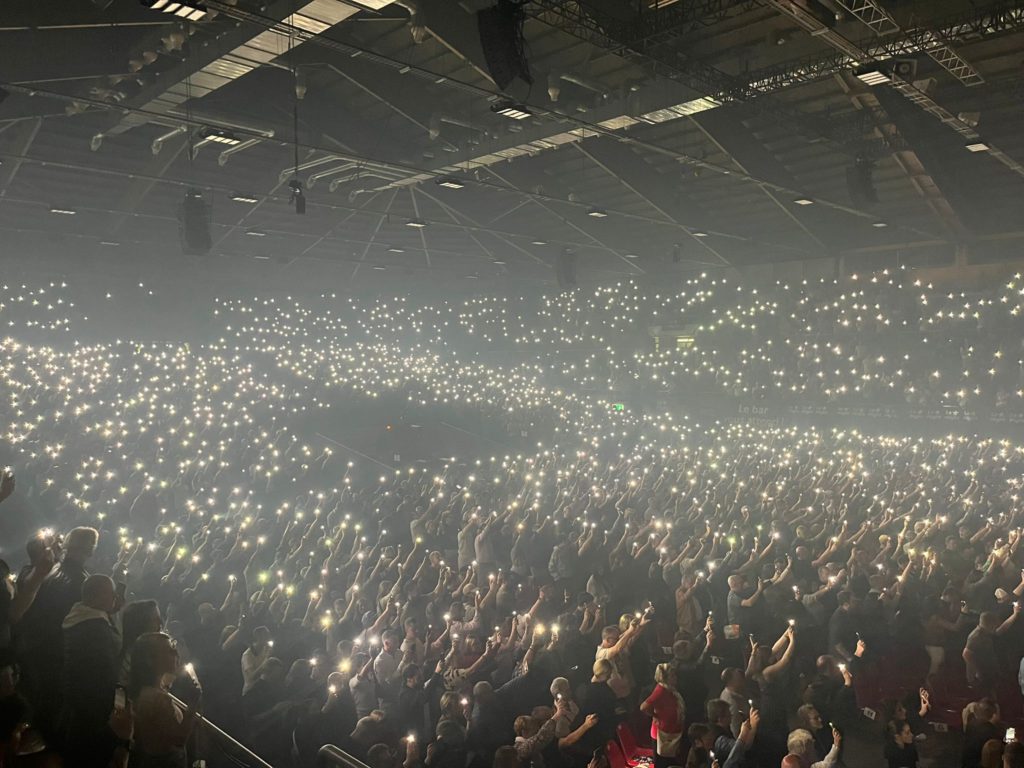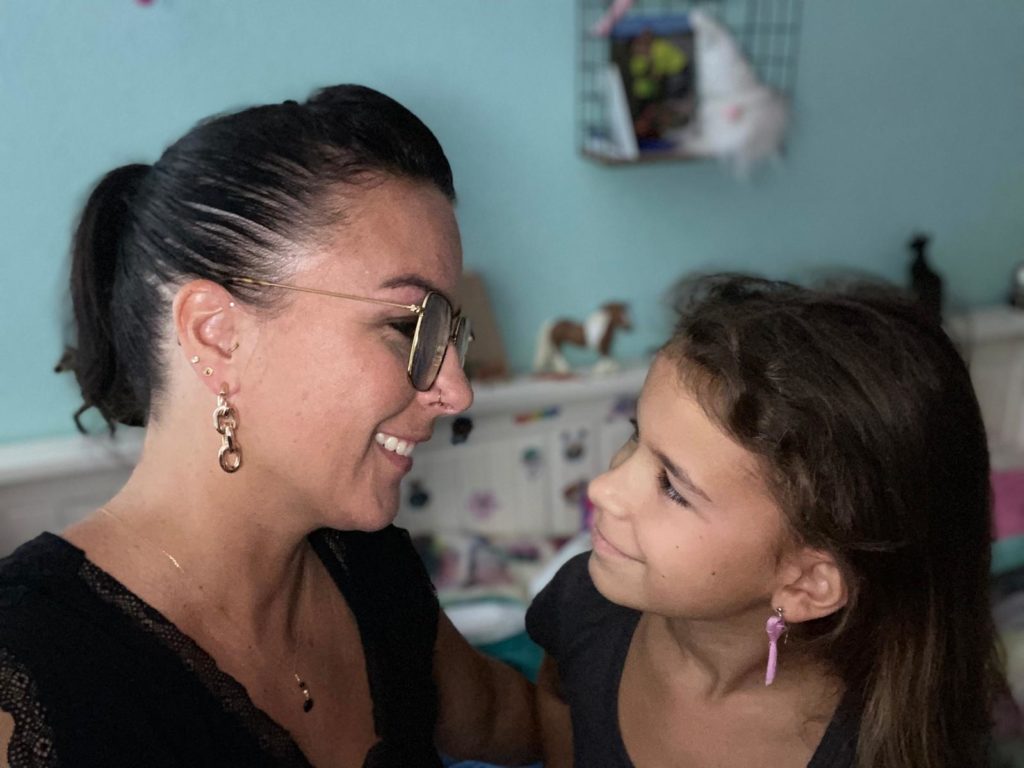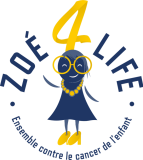Care refractory neuroblastoma
Refractory neuroblastoma is a slowly progressing form of cancer that is resistant to conventional treatment. It generally affects teenagers and young adults. This means a long battle against the disease, with an overall very low survival rate.
Refractory neuroblastoma is a clinically well known subtype of the disease. It shows little or no response to currently available first-line treatments. It remains stable for some time before finally starting to progress.
Until now, patients with this form of cancer have had few treatment options. Indeed, this particular form of neuroblastoma has been of little interest to the scientific world, and has clearly been neglected.
Currently, most innovative treatment options are part of trials that are not specifically designed for relapsed or refractory neuroblastoma. As a result, these therapies often show few results for people with this highly resistant form of cancer.
The inability to identify this specificity at the time of diagnosis is a major obstacle to improving results and chances of cure.
To overcome this obstacle, Zoé4life is helping to fund a new project. It will enable us to better understand this type of cancer and offer these children a chance of recovery.
Within the framework of this project, the researchers have 3 key objectives :

First of all, develop a tool capable of detecting biological markers specific to refractory neuroblastoma. This tool will make it possible to identify these patients at the time of diagnosis.

Create laboratory models of these specific markers, which currently do not exist. This will provide a basis for future research in this field.

Test the efficacy of treatments (chemotherapy combined with existing immunotherapy) in the hope of finding better responses to this highly treatment-resistant disease.
After two years, the team hopes to have a new clinical trial for this group of patients.
The study will involve a transatlantic collaboration of researchers from several hospitals and research institutes:
Children's Hospital of Philadelphia (CHOP), Icahn School of Medicine at Mount Sinai in New York, Institute of Cancer Research, London, Texas Tech University Health Sciences Center, Seattle Children's Hospital and Princess Máxima Center in the Netherlands.

Together we can make a difference
There are many ways to support us. Your commitment makes a difference for children with cancer.













